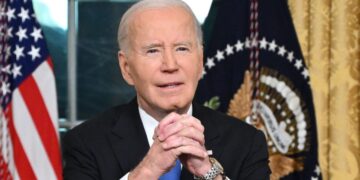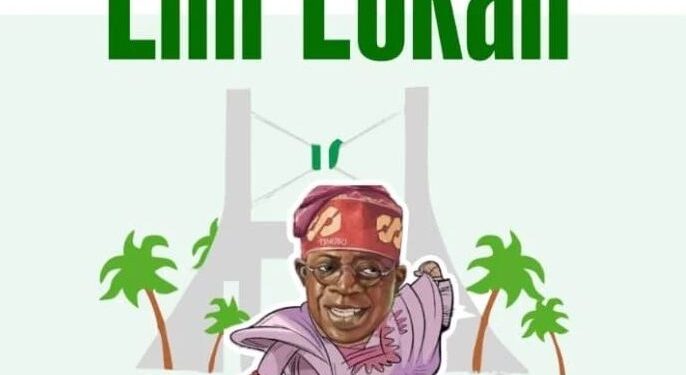Nigeria, as Africa’s most populous and culturally diverse nation, demands leadership that transcends ethnic, religious, and regional divisions. The concept of Emilokan – Yoruba for “It is my turn” – when wielded as a political entitlement rather than a call for equitable representation, undermines the delicate balance required to govern a pluralistic society like Nigeria. True leadership in such a context must be rooted in inclusivity, meritocracy, and a deep understanding of the nation’s complex socio-political fabric.
A leader who governs Nigeria effectively cannot afford to prioritize sectional interests over national cohesion. The country’s history is replete with the consequences of exclusionary governance, deepened distrust, recurring tensions, and stunted development. The Emilokan mentality, if interpreted as a justification for dominance rather than service, risks alienating large segments of the population and reinforcing the very divisions that have historically hindered Nigeria’s progress. Leadership in a multi-ethnic democracy must be about competence, fairness, and the ability to unite disparate groups under a shared vision, not about ethnic or political rotation as an end in itself.
Moreover, Nigeria’s challenges, economic instability, security crises, and institutional decay, require technocratic skill and pragmatic solutions, not symbolic claims to power. A leader who fails to rise above parochialism and instead governs with a sense of entitlement will inevitably deepen disillusionment among citizens who expect tangible improvements in their lives. The lesson here is clear: leadership in a nation as diverse as Nigeria must be earned through demonstrated ability, not asserted through tribal or political chauvinism. The Emilokan philosophy, if divorced from accountability and performance, becomes a dangerous precedent that could further erode national unity.
Ultimately, Nigeria’s survival as a cohesive state depends on leaders who reject zero-sum politics and embrace governance that serves all citizens equally. The Emilokan mindset must evolve into one of Awa Lokan – “It is our turn”, where leadership is not about seizing power for a select few but about uplifting the entire nation. Anything less is a disservice to Nigeria’s potential and a betrayal of its people’s aspirations for a just and prosperous society.









































